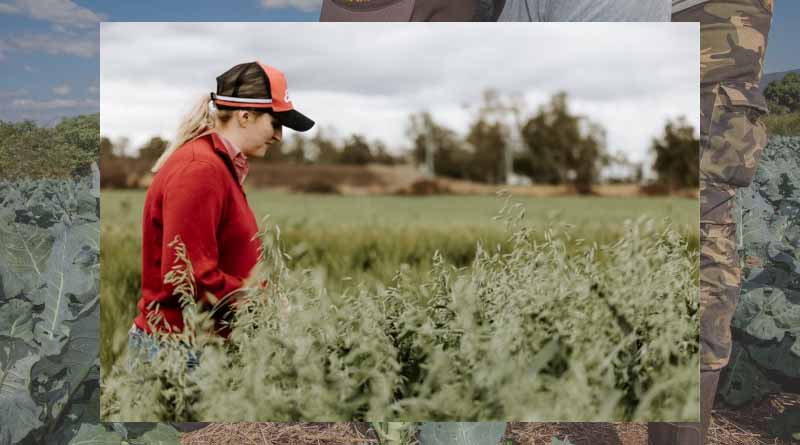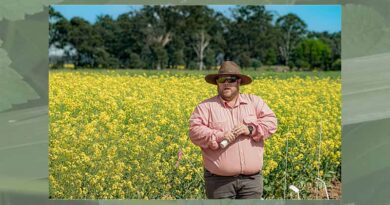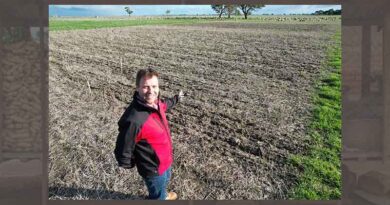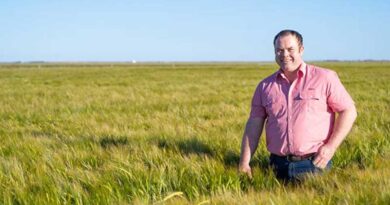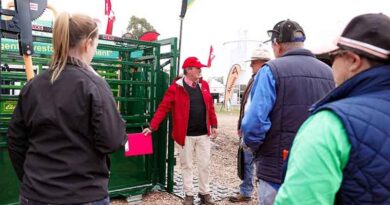Australia: Elders, for leading research and development
25 July 2023, Australia: Working in collaboration with crop protection partners, trial sites are where new products are extensively and safely trialled and tested before their commercial release. Their establishment would not be possible without the support of these key partnerships.
Elders operates a variety of trial sites across Australia, from Gatton, Queensland to Esperance, Western Australia and everywhere in between.
Head of Agronomy and Technical Services at Elders, Graham Page explained that trial sites play a crucial role in developing new products and technologies.
“Trial sites enable Elders to extend vital information to agronomists, consultants and producers when it comes to new solutions including crop protection, genetics and crop nutrition,” he said.
“We are proud to support global and national companies with the latest innovations, driving more financially and environmentally sustainable farming practices.”
A trial site has recently been sewn in Narromine, New South Wales. Agronomists are currently testing pre-emergent and post-emergent products from key suppliers on a number of crop types, including wheat, oats, canola, barley, lucerne and lupins.
Further north, the Tosari trial site is a premium research and development farm located on the Darling Downs, and spread over 748 hectares. Its scope is varied, with Elders partnering with key crop protection suppliers including Adama, BASF, Bayer, Corteva, Nufarm, Sumitomo and Syngenta.
In the west, Elders has trial sites dedicated to investigating all manner of issues in broadacre crops and pasture, such as radish control in wheat, and managing powdery mildew.
Some of Elders’ other trial sites are located across South Australia, in Naracoorte, Murray Bridge, Lock and Kadina. The Lock site, on the Eyre Peninsula, has a focus on showcasing ag tech, with plans to install a weather station, bring in drones and other imaging to give clients more insight into operations.
The importance of conducting trial sites extends well beyond testing and demonstrating new products, as they also play a role in education. Trial sites are used for the ongoing technical training of both agronomists and rural products specialists.
Trial sites are also often used to host grower days and paddock walks, so growers are able to see products in use first-hand.
“People in agriculture tend to learn best by seeing practices in action in the field,” Mr Page said.
“Trial sites enable action learning with multiple opportunities to attend programmed field day events, and educational training from classrooms to infield environments.”
(For Latest Agriculture News & Updates, follow Krishak Jagat on Google News)

